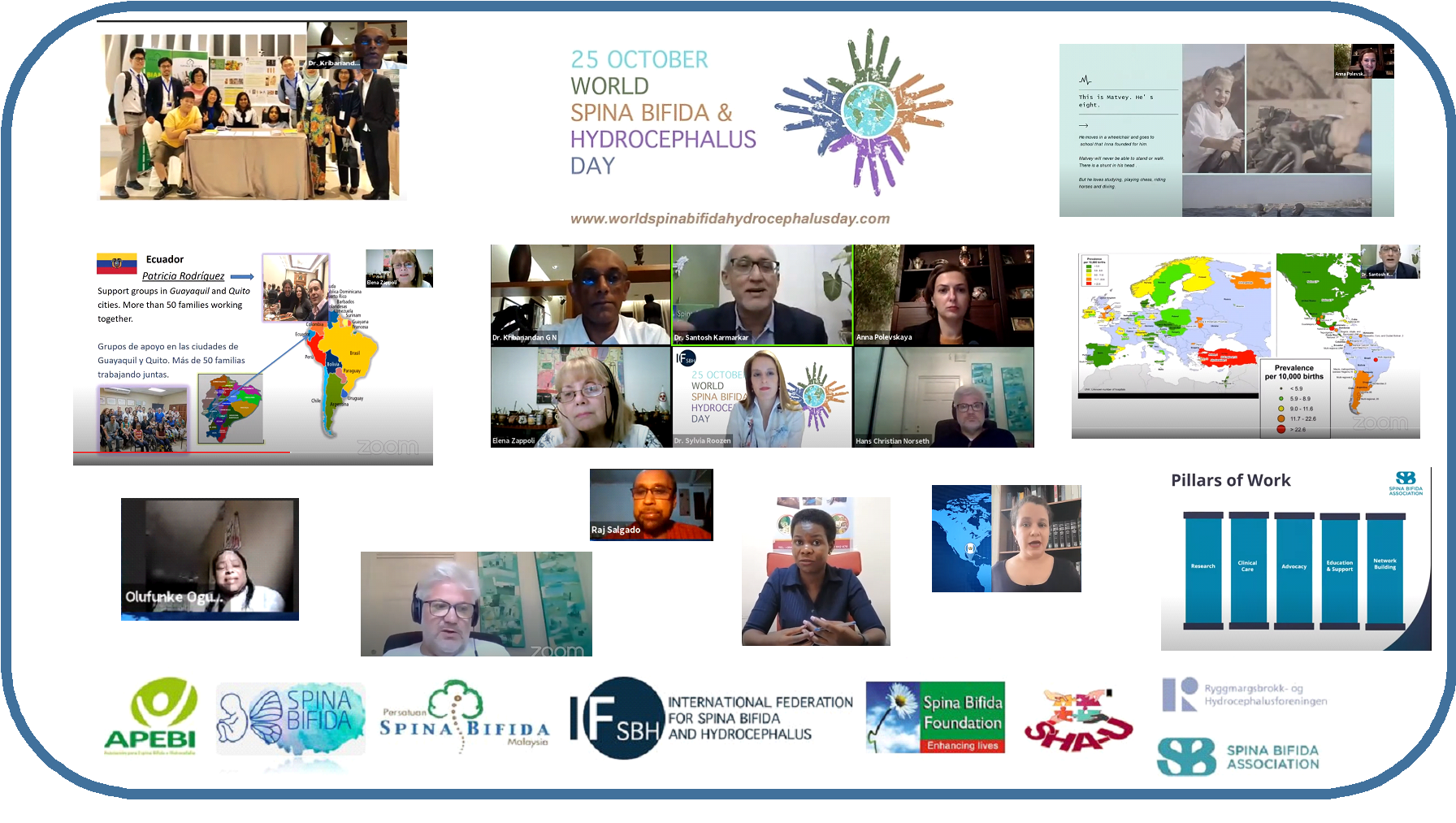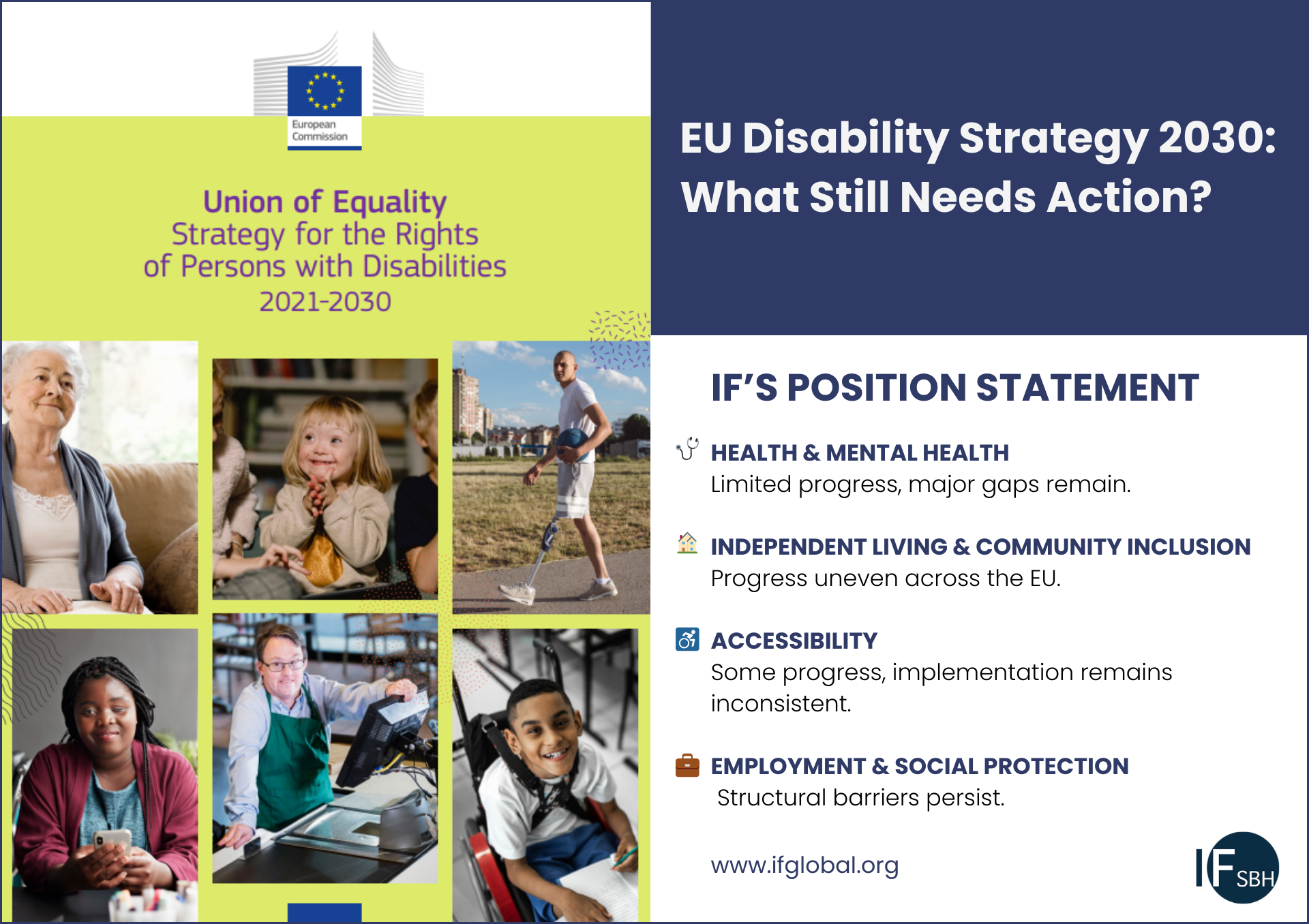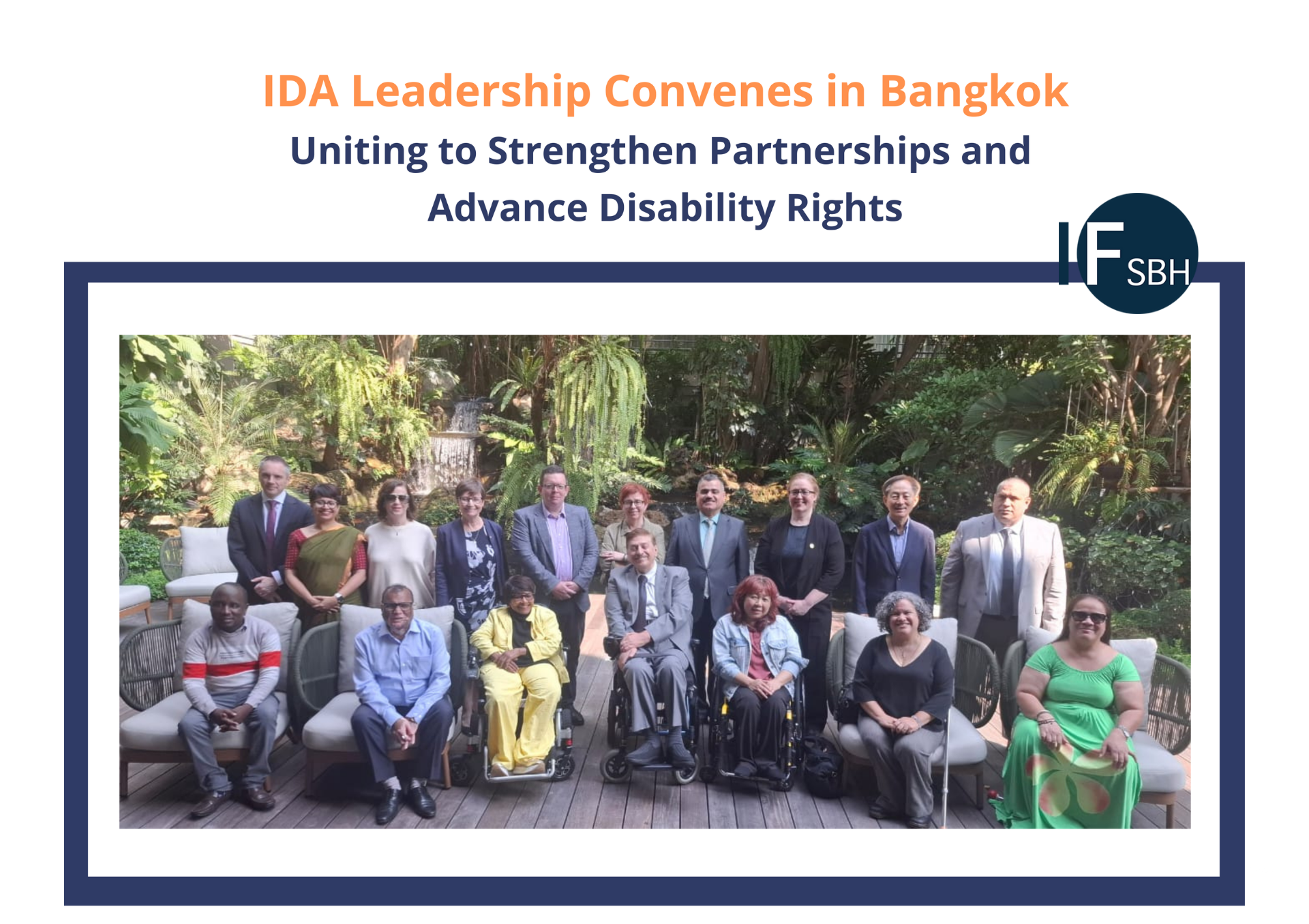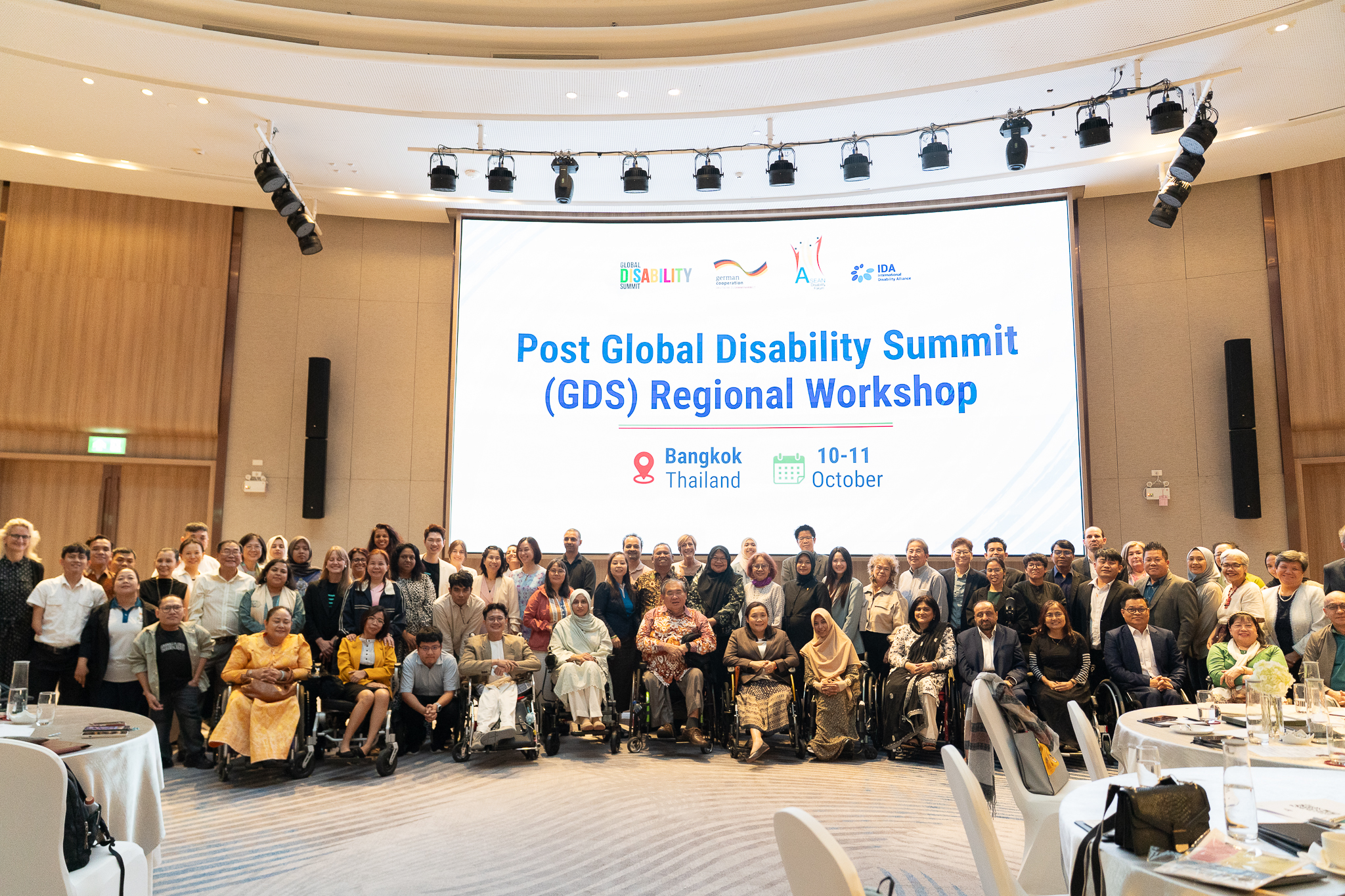The World Spina Bifida and Hydrocephalus Day (WSBHD) on October 25 is a very special highlight on our International agenda. It gives us the opportunity to raise awareness on SBH and share our stories with our stakeholders. It also enables us to celebrate the achievements, to connect with you in person and to thank you for your part in promoting and protecting the human rights of people with Spina Bifida and Hydrocephalus (SBH).
With the great assistance of Dr. Santosh Karmarkar and his team from the Spina Bifida Foundation India, IF was able to host this event online. During this first online WSBHD event, a panel consisting of speakers from Member Associations from different Chapters of the world presented their work and future thoughts on the WSBHD.
The first presentation was given by Dr. Santosh Karmarkar Spina Bifida Foundation India who provided an excellent overview on a global SBH perspective. From his presentation, it becomes clear that if we want to aim for a united world, we need to strive for equal human rights and medical care for both low and high-income countries. The work undertaken by SBF-India shows a good example on collaborations through outreach programs. In this way, counselling and treatment options are made available for those in need. From a global perspective, there is a need to continue activities on primary prevention and work towards global specialized medical care. As mentioned by Dr. Karmarkar, there remains to be a need to improve SBH registries, awareness, primary and secondary management of care, as well as global funds to support the work.
The global perspective talk was followed by presentations from six different Member Associations. It was inspiring to learn from the many activities undertaken in the different Chapters around the world.
The presentation by Ir Dr Kribanandan G N showed a recent journey on how the Spina Bifida Association Malaysia SiBIAM works towards strengthening partnerships and raising awareness on SBH. The Association Malaysia furthermore applied for an important grant to work through a nationwide program to translate current knowledge into actions in Malaysia.
On behalf of the Norwegian Association Ryggmargsbrokk- og Hydrocephalusforeningen, Hans Christian Norseth shared a best practice example on how relatively smaller organizations benefit from the collaboration with neighbor countries. The Norway, Sweden, and Denmark collaboration has shown to be fruitful in strengthening each other’s knowledge by sharing information in a cross border setting.
Sara Struwe on behalf of the Spina Bifida Association of America shared how a multilevel and inclusive approach benefits the Spina Bifida community in America. Through research, clinical care, advocacy, education and support, and network building, the Spina Bifida Association of America will continue their efforts to build a better and brighter future for all impacted by Spina Bifida.
A recent journey was shared by Anna Polevskaya from the charitable foundation Spina Bifida in Russia. Through the example of Matvey, a young boy of 8 years with Spina Bifida, the charitable foundation Spina Bifida in Russia support families with the perspective on abilities instead of disabilities.
From the words shared by Ruth Nalugya from the work by SHA-U in Uganda, an important message on human rights was shared. Ruth emphasized it is the duty of all stakeholders to protect and promote the human rights for persons with SBH. To ensure that no one is left behind, SHA-U holds dialogue meetings with both the community and ministries.
During the presentation by Elena Zappoli (IF president) on behalf of the Spina Bifida Association APEBI in Argentina, an overview was presented on community-based approaches by Latin-American Members, including Carolina Chávez from Bolivia, Patricia Rodriguez from Ecuador, Scarleth Real and dr. Juan Bosco from Nicaragua, Luciano Moreta from Dominican Republic, Federico Nuñez Perea and Stephanie Nuñez Iturrieta from Mexio, Guatemala, Colombia, Paraguay, Costa Rica, Panama, and Chile.
Last but certainly not least, the presentations were followed by excellent speakers Rajpal Salgado (Sri Lanka), Olefunke Ogunrombi (Nigeria) and Victoria Sandoval (Guatamala). The speakers presented their inspirational stories on how it is to live with SB/H and shared the need to work together to make SBH prevention reality.
The WSBHD is each year, an important event where communities around the world raise awareness for individuals with SBH. IF Members around the world shared their testimonial videos and pictures of their activities for others to follow. As stated by for example Belén Hernandez from Guatamala, there is a dream to be united and perceive persons with SBH not as different: “I dream of a world where disability is normalized and not seen as something strange”.
Concluding from this year’s WSBHD, several topics have been highlighted to be important, especially primary prevention and improvement of management and care for both individuals with SBH and their families. IF trusts this meeting inspired the work you are doing for your communities. As dr. Santosh Karmarkar said nicely “We hope this meeting will sow the seeds for a stronger alliance for our common cause”.
IF thanks all speakers for their inspiring talks in this format.
Missed the WSBHD20 online event? Watch the video here
Given the success of webinars in online formats, IF will continue to facilitate future gatherings.
Invitations for this will follow through our Newsletters and Social Media posts.
Stay well and looking forward seeing each other soon!
Dr. Sylvia Roozen – IF Secretary General





